Ageism & Culture in Gerontology
Professional Certificate Program
ASA and the University of Southern California Leonard Davis School of Gerontology, home to the oldest and largest school of gerontology in the world, have joined forces to develop an online professional certificate program to build your academic and applied knowledge of our aging society.
Enrollment is now closed for the Winter 2026 term. The Spring/Summer 2026 term will open for enrollment March 2026.

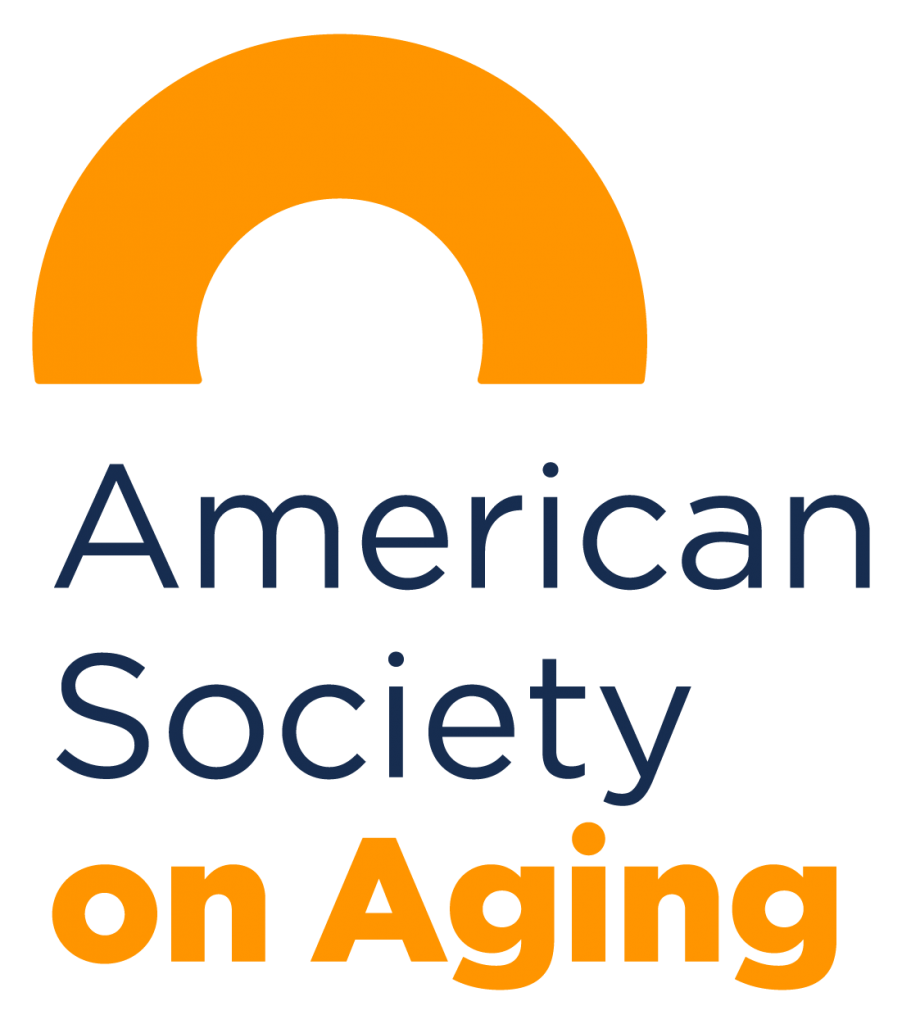

Earn a certificate in Ageism & Culture in Gerontology
This certificate program delves into the dynamics of ageism and its cultural implications, providing professionals, researchers, and advocates with the insights and skills needed to address age-related bias within diverse societal contexts. Participants will explore the historical roots of ageism, how it intersects with other social identities, and the varied cultural perspectives on aging worldwide. Through engaging sessions on stigma, intersectionality, and cultural competence, this program equips participants to challenge ageist narratives, foster inclusivity, and drive systemic change in their fields. Emphasis is placed on understanding ageism’s impact on health, psychology, and policy, while promoting approaches that celebrate and support aging across all populations.
Learn More
This program offers essential professional development for those aiming to advance their understanding of ageism and its impact across diverse populations and industries. Engage deeply with the material through 12 hours of interactive coursework that includes research, real-world case studies, critical thinking exercises, and expert-led panels, available to ASA members and the public.
The curriculum covers a wide range of topics, including the roots of ageism and cultural diversity, how intersectionality shapes age-related bias, and the societal and healthcare impacts of ageist stigma. Additional sessions examine global perspectives on aging, the power of media and policy in shaping age-related narratives, and strategies for building culturally inclusive, age-friendly environments. With a focus on practical application, this program prepares participants to challenge stereotypes, drive positive change, and promote a holistic approach to aging.
Innovation and Insights for Aging Societies Executive Certificate Program
This specialized program offers a series of courses aimed at developing critical insights and innovative strategies for aging societies. Participants can earn individual certificates and badges for each completed course, and upon completing all courses will receive the Innovation and Insights for Aging Societies Executive Certificate.
2024–Innovation & Social Impact – open
2025–Ageism & Culture – open
2026–Equity & Justice – open
2027–Health & Well-Being – upcoming
2028–Economic Security – upcoming
Dates
The Winter 2026 term will run from Jan. 19–March 20, 2026 (enrollment now closed).
The Spring/Summer 2026 term will run from May 18–July 17, 2026. Enrollment for the Spring/Summer 2026 session begins in March 2026.
Delivery Method
This certificate program is made up of 6 self-paced modules.
Price
Member Rate: $1,325
Non-member Rate: $1,600 (includes a one-year membership to the American Society on Aging)
Advance Your Career in Aging
- Differentiate yourself in the marketplace with specialized knowledge in Ageism & Culture from the USC Leonard Davis School of Gerontology, the largest and most established school of gerontology in the nation.
- Enhance your professional development and open doors to roles that emphasize equity, inclusivity, and social change within aging-related industries.
- Engage with expert-led research, case studies, and thought leadership to gain practical insights into ageism, intersectionality, and cultural diversity in aging.
- Examine global perspectives on aging and ageism to remain at the forefront of inclusive, culturally aware practices in the field.
- Study at your own pace with a fully self-paced course format, allowing you to seamlessly integrate your learning into your schedule.
- Benefit from a multidisciplinary curriculum that covers a range of topics, from societal perceptions and stigma to policy interventions and age-friendly environments.
- Develop advocacy and collaboration skills to address the unique challenges and systemic issues faced by older adults in diverse communities.
- Gain a strong foundation in ethical and culturally competent practices to ensure that your work fosters social equity and supports inclusive, age-friendly policies and environments.
Who Should Enroll?
- Aging Services Professionals: Individuals working in fields that support older adults and who seek to deepen their understanding of ageism, cultural inclusivity, and social impact.
- Researchers and Academics: Those exploring aging, intersectionality, or social policy, looking to expand their insights into ageism’s role in shaping societal attitudes and public health.
- Healthcare Providers: Nurses, social workers, therapists, and others working with older populations who wish to address biases and promote equitable, inclusive care practices.
- Community Leaders and Advocates: Individuals committed to social justice and advocacy who aim to drive policy changes and develop age-friendly, culturally inclusive communities.
- Media and Policy Professionals: Those in media, communications, or policy interested in understanding and transforming how age and aging are portrayed in society.
- Professionals Considering a Shift into Gerontology: Individuals seeking a comprehensive, reputable certificate program as they transition into roles that address the needs of older adults.
- Members of ASA and Related Organizations: ASA members and other professionals who want to maximize their professional impact and deepen their expertise in ageism, cultural competency, and aging-related issues.
About the Sessions in this Program
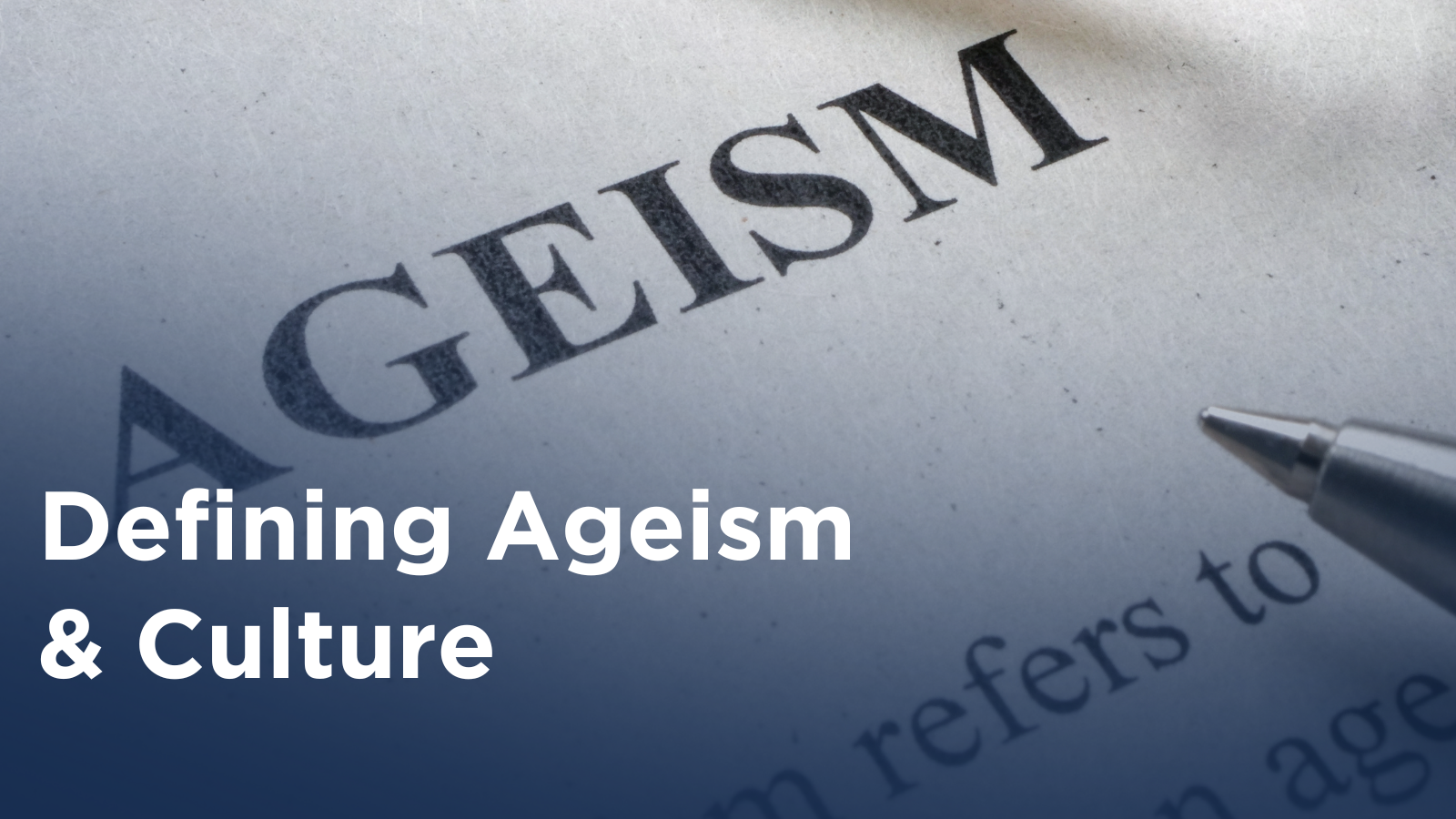
Description: This session provides an in-depth foundation in understanding ageism and its cultural roots. Participants will explore the historical development of ageist attitudes, how societal and media influences shape perceptions of aging, and the distinctions between youngism and oldism. Through a combination of theoretical discussions and applied exercises, this session will address implicit and explicit ageism, as well as introduce the AIR model and stereotype embodiment theory to frame how ageist beliefs are formed and perpetuated in society.
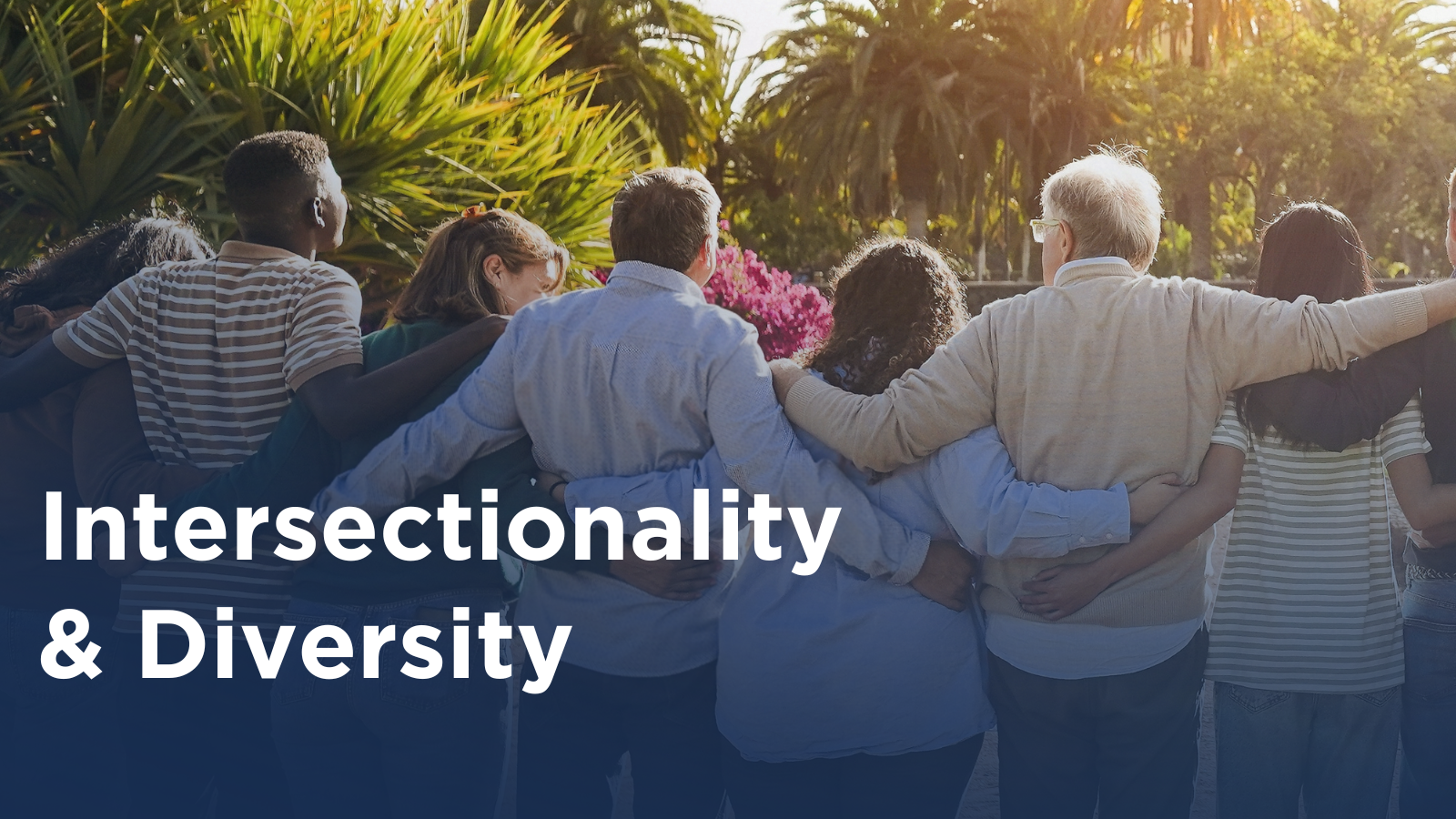
Description: This session is structured to help participants analyze how ageism intersects with other forms of diversity, such as race, gender, and sexuality, creating complex and layered biases. Using frameworks like the Matrix of Domination, participants will investigate how ageism’s impact varies across social identities and why it often remains unchallenged compared to other forms of prejudice. Through case studies and real-world examples, this session will enhance participants’ understanding of intersectionality, providing them with tools to apply this lens in policy and practice.
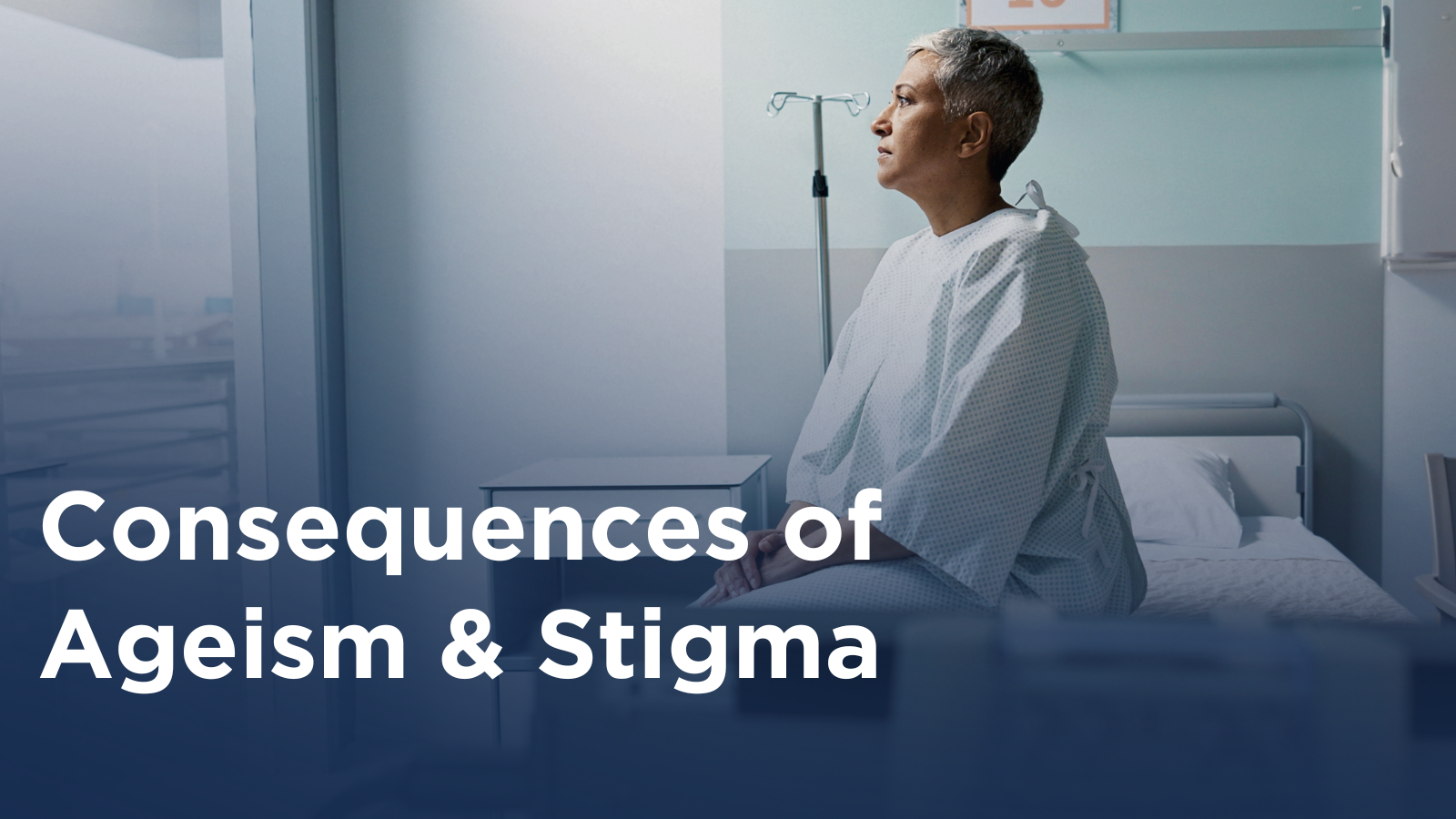
Description: This session examines the wide-ranging consequences of ageism, including its health, psychological, and social impacts on older adults. Participants will learn about different forms of stigma—anticipatory, internalized, and experiential—and their tangible effects on health, such as mental health challenges and reduced life expectancy. Additionally, this session will address how ageism manifests in healthcare settings and influences treatment outcomes, aiming to equip participants with strategies to counteract stigma and foster inclusive environments for older adults.
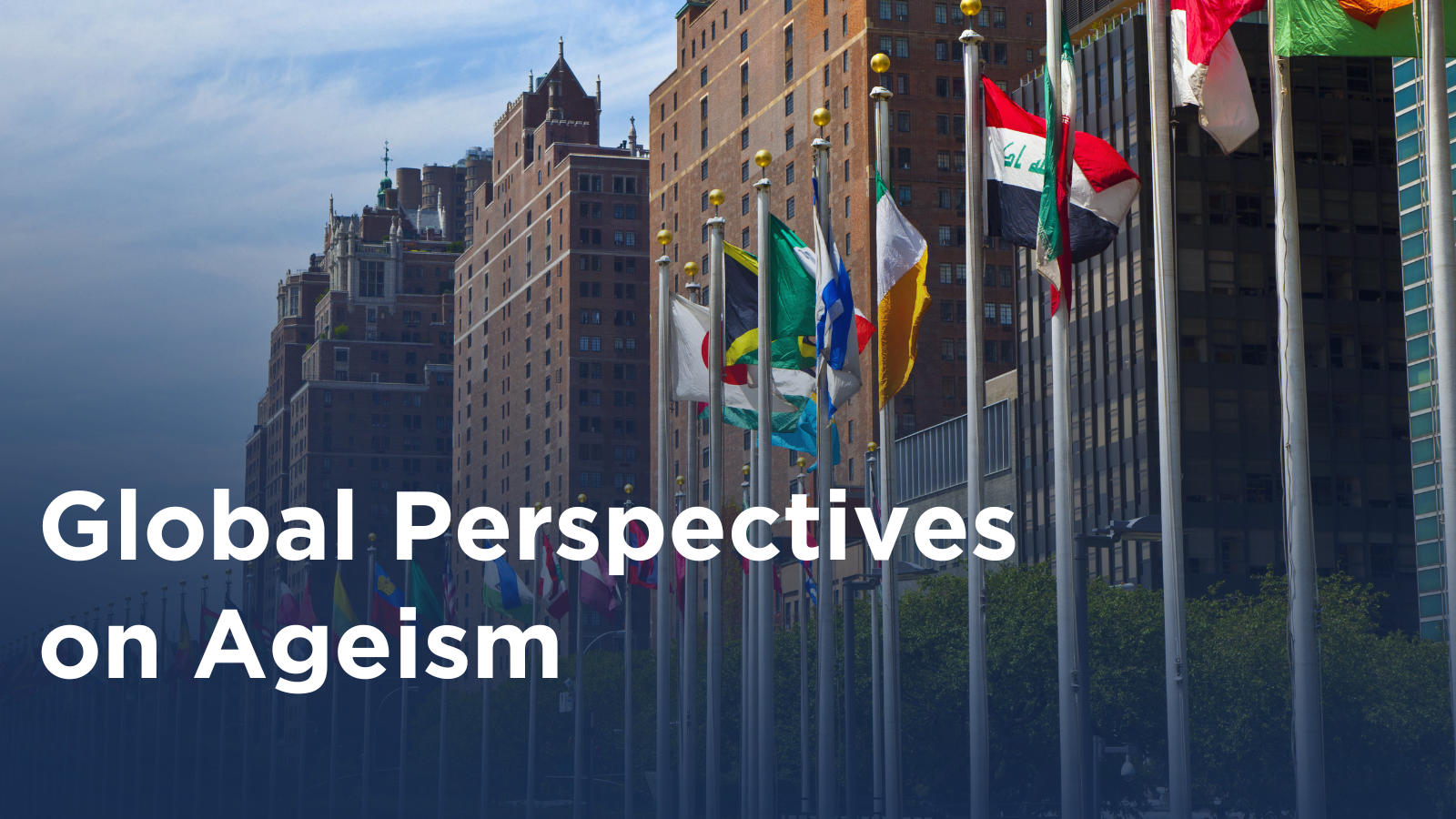
Description: This session offers a global perspective on ageism, enabling participants to compare and contrast attitudes toward aging across various cultural contexts. Through an analysis of global demographic trends, collectivist vs. individualistic cultural values, and findings from the World Values Survey, participants will gain insights into how age-related biases differ worldwide. This session also highlights policy interventions from around the globe, encouraging participants to consider how cultural differences shape societal views of aging and inform ageism-focused policies.
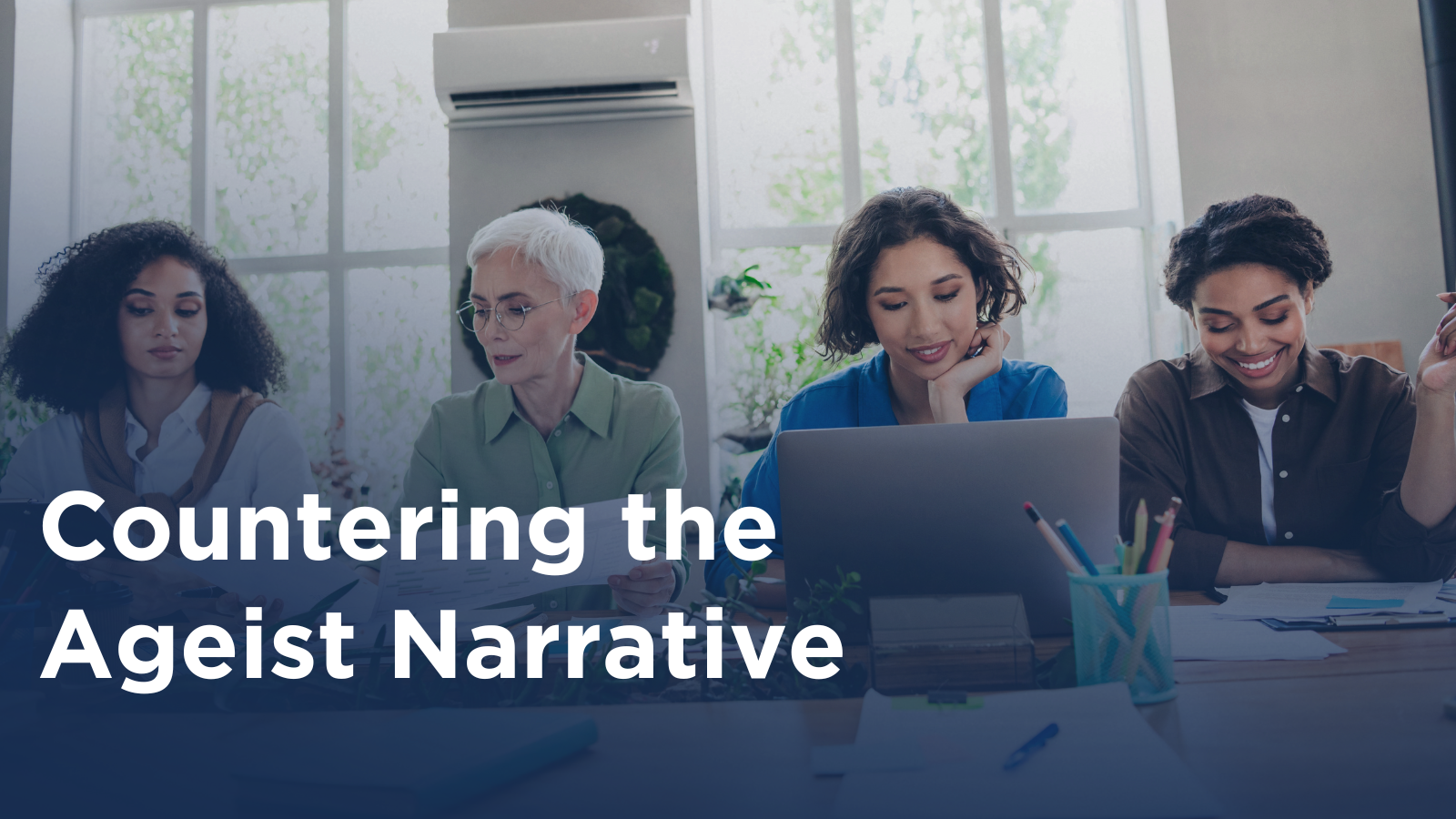
Description: This session is designed to empower participants with strategies to shift societal narratives surrounding aging by examining media influence, workplace policies, and age-friendly initiatives. Participants will explore how age-related bias is perpetuated and challenged in various sectors, such as healthcare and the workplace. With a focus on practical applications, this session emphasizes the role of lifelong learning and technology in combating ageist stereotypes, equipping participants with actionable approaches to advocate for age inclusivity and create age-friendly environments.
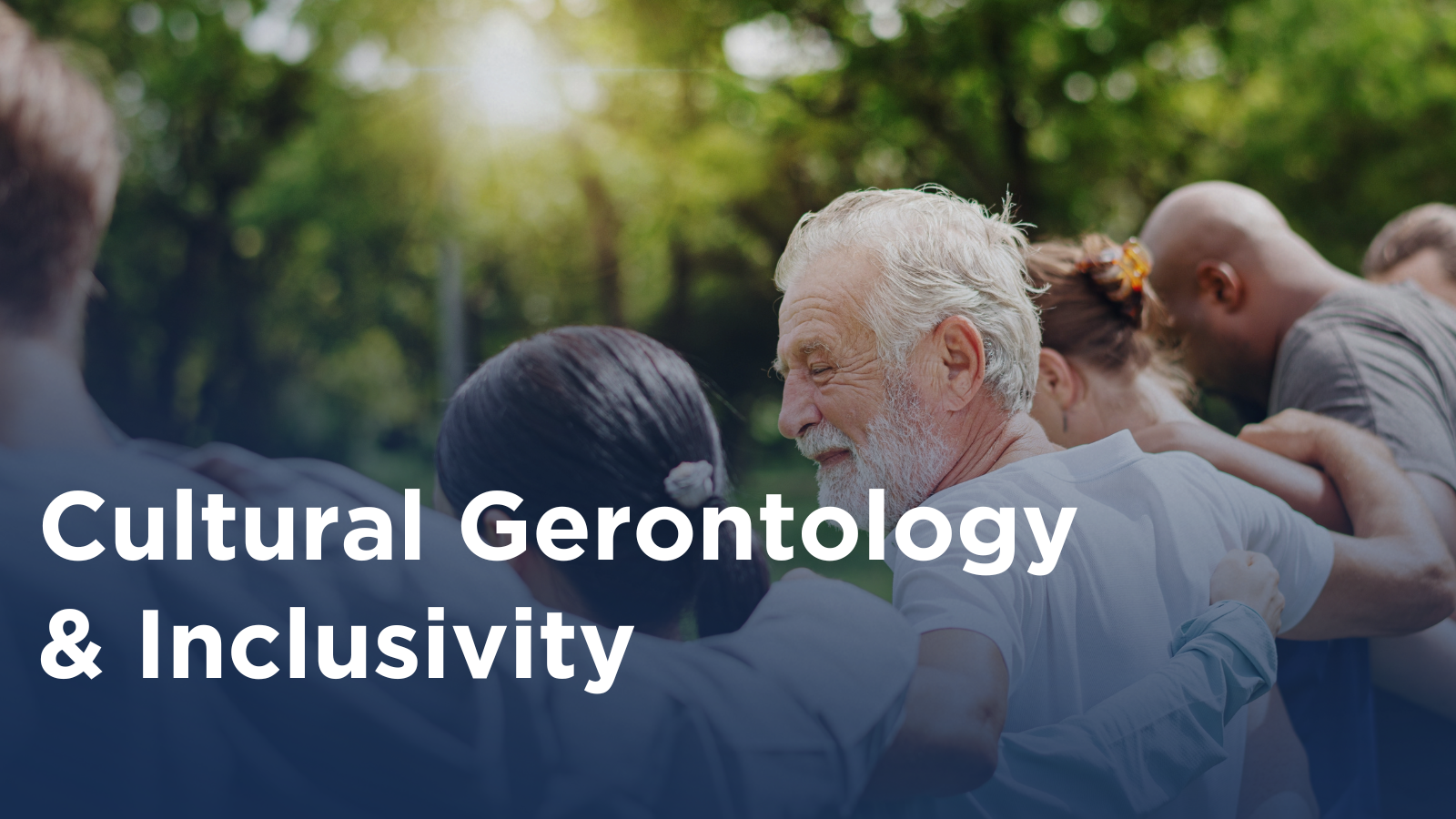
Description: This session introduces participants to the field of cultural gerontology, emphasizing the importance of cultural competence and inclusivity in aging-related contexts. Through topics such as livable community design, aging and migration, and cultural competence in professional and research settings, participants will learn how cultural factors influence the experiences and needs of older adults. This session aims to equip participants with skills to foster culturally inclusive environments, encouraging them to consider the intersection of aging, culture, and community in their work.
Refund Policy
We do not offer refunds for this program.
Questions
If you have any questions about this program, please reach out to institute@asaging.org